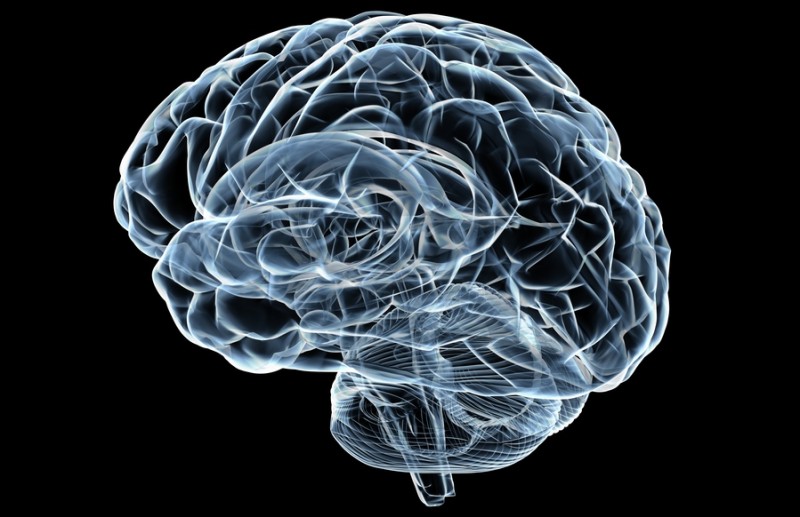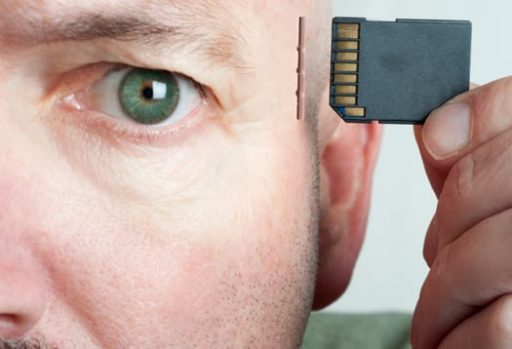The creation of memories and the way they change in a person over time has been a key focus of many recent studies. In one such study, researchers have demonstrated why we lose all recollection of our early childhood years.
We start making memories from the get-go. However, if you try to recollect what your memories are of being 2 or 3 years old, you will come up with nothing. Researchers have finally attempted to explain this phenomenon in a new study. According to the study, we forget our early years because as we outgrow them, our brain cells rewrite the neural paths which comprise of memories.
This results in overwriting the existing memories at that time. Like a hard disk, the brain writes new memories over our early memories, so that they are effectively erased. Explaining the phenomenon, the lead author of the study Katherine Akers said, “Infantile amnesia refers the absence of memories for events that occurred in our earliest years—most people typically don’t remember much of what happened when they were only 2 or 3 years-old.”
She further explained, “But this doesn’t seem to be because children at this stage can’t make memories—when our daughter, for instance, was 3 years old she would enthusiastically recount in details trips to the zoo to see grandparents and so on. But she is now 5 and has no recollection of these events – these memories are rapidly forgotten.”
Our memories are usually stored in the hippocampal circuits in our brains. With aging, new neurons alter these circuits so that the older ones are written over or degrade over time. The researchers demonstrated this by elevating the levels of neurogenesis in adult mice. Neurogenesis impairs the formation of new memories, and in the case of mice the researchers observed that this happened because of an overwriting of the memories.
Courtesy: Daily Mail
[ttjad keyword=”laptop-dell”]




